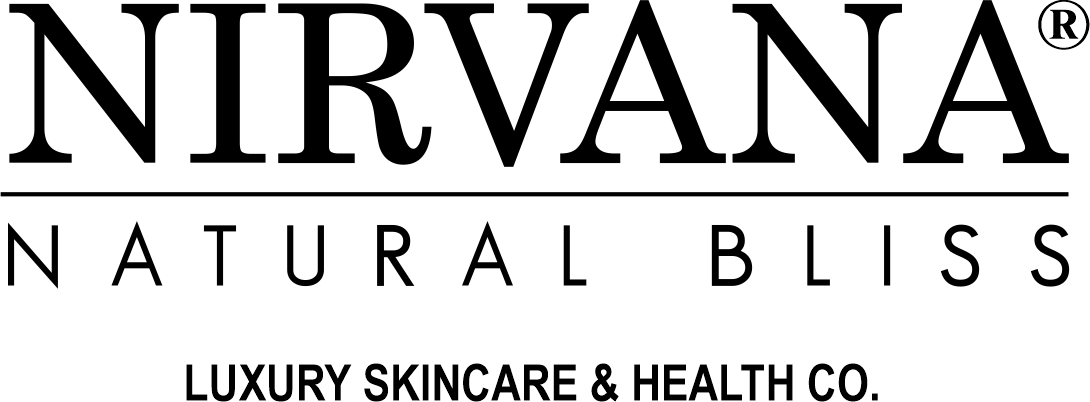By Dr. Nirvana S. Pillay, Neuroscientist & Public Health Epidemiologist
The Trust We Place in “Doctor-Recommended” Labels
In skincare, “dermatologist-recommended” instantly signals safety. Consumers trust that label because it carries the weight of science and professionalism. Yet behind the glossy packaging lies a marketing system that often blurs the lines between genuine medical endorsement and corporate sponsorship.
As a neuroscientist and public-health epidemiologist, I’ve spent years studying how science, industry, and psychology intersect. What concerns me isn’t the doctors, it’s how large skincare conglomerates influence medical voices through marketing disguised as education.
The Hidden Industry-Doctor Relationship
Major skincare corporations frequently invite dermatologists to their international headquarters in France or Germany, offering “educational symposia” or product training retreats. While presented as professional development, these experiences often serve a dual purpose: building loyalty to specific brands.
In many cases, these same companies fund the research, conferences, and product testing that later appear in marketing materials. The result? A cycle where brand promotion is woven into medical communication often unintentionally, but powerfully.
Why This Matters for Public Health
When a doctor recommends a product, most consumers assume it’s free of bias. But in public health, perception shapes behavior, and behavior shapes wellbeing.
If those recommended products contain petrochemicals, parabens, or endocrine-disrupting agents, then millions may be unknowingly using ingredients that prioritise stability and profit over skin physiology.
This isn’t just a marketing concern; it’s a moral one. Health communication should protect people, not simply persuade them.
The Petrochemical Problem
Petrochemicals such as mineral oil and liquid paraffin are cheap, inert, and stable — which makes them profitable.
But physiologically, they act as occlusive layers, trapping heat and sweat, and offering no nourishment to the skin barrier.
In contrast, plant-based lipids like sunflower seed oil, squalene, and jojoba mimic the skin’s natural sebum composition, promoting real repair and sustainability.
When brands with strong medical endorsements still rely on petrochemical bases, it raises a fundamental question:
Are we protecting skin — or protecting sales?
The Call for Transparency
The solution isn’t to distrust dermatologists; it’s to demand transparency from corporations.
-
Who funds the “clinical studies”?
-
Who sponsors the conferences?
-
Who benefits from the recommendation?
We need independent, peer-reviewed research and continuing-education programs that aren’t underwritten by product lines.
The Nirvana Natural Bliss Philosophy
At Nirvana Natural Bliss, every formulation is built on the principle that science and integrity must coexist.
We never use petrochemicals, parabens, or synthetic fillers to mimic results. Instead, we combine botanical actives, biocompatible emollients, and non-nano minerals, yielding formulations designed for skin health, not market share.
True luxury lies in transparency — where beauty honours biology.
Morality Over Marketing
As consumers, our most powerful tool is awareness.
Ask questions. Read labels. Follow the science, not the sponsorships.
Because in the end, “doctor-recommended” should mean scientifically sound, ethically made, and genuinely beneficial — not merely branded approval.





